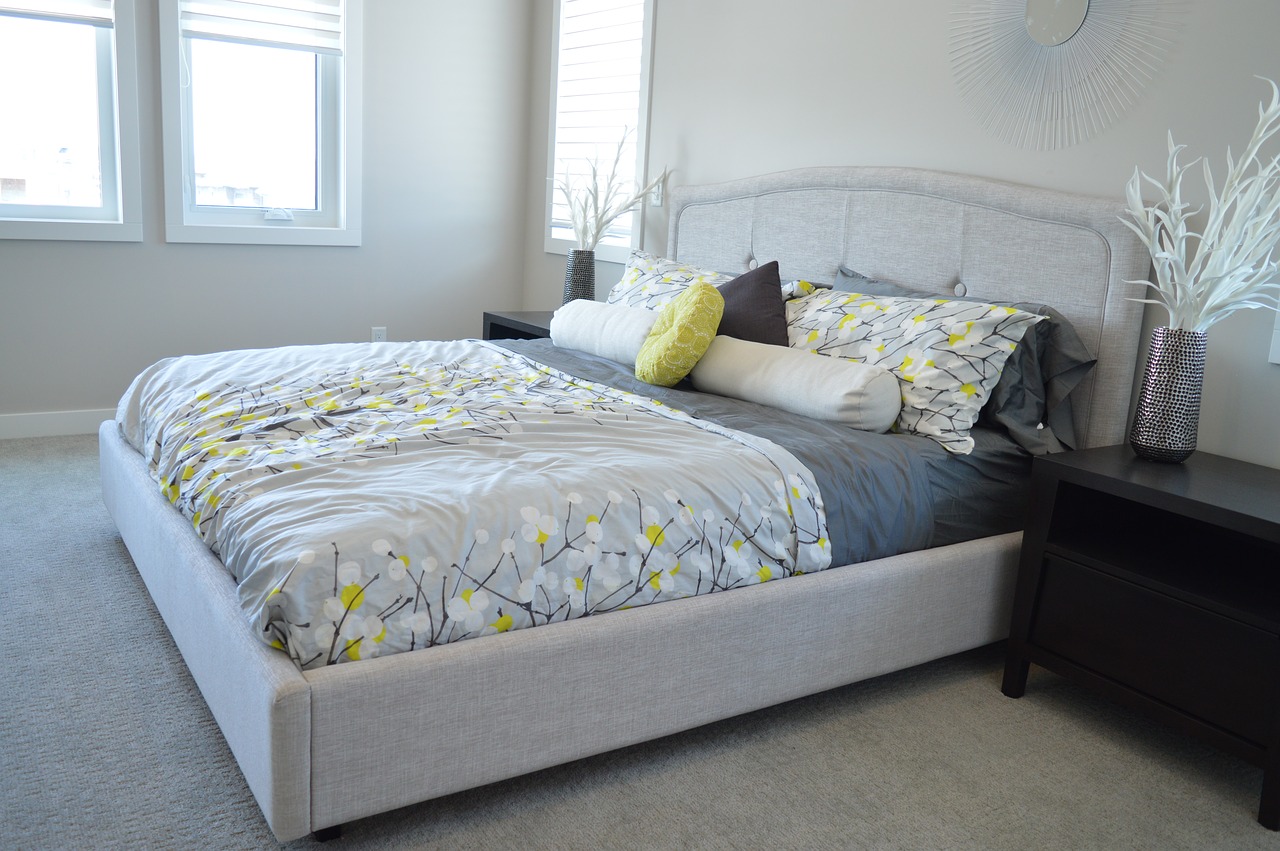
Wimbledon 2020 Cancelled
It is almost that time of the year when people would go watch a sporting

Is your skin highly sensitive? Do you have the problem of choosing the right materials because most of them irritate your skin and even cause rashes? The answer is to use bamboo fabric – particularly for anything that will rest close to your sensitive skin.
Bamboo produces a natural bio-component called bamboo kun. When you use bamboo material, which is made from naturally spun bamboo fibres, you get the benefits of bamboo kun. This component protects the bamboo plant from harmful bacteria and microbes as well as insects. In this way, it stays safe from damage. Bamboo kun protects the plant so that it can grow tall and strong without any help from chemical pesticides.
When you use bamboo materials next to your skin, you are giving yourself a layer of protection. Harmful elements in your environment that can cause skin irritation will be reduced by the effects of bamboo kun. Bacteria, microbes and various allergens will be deterred by it. In addition, because bamboo kun is basically an antimicrobial agent, you also get odour protection when you use bamboo. Odour causing bacteria, for instance, cannot live on the material because the bamboo kun prevents it.
Bamboo grows without the usual pesticides that are sprayed to protect plants. Natural bamboo fabric is also manufactured without adding any other chemicals common in textile processing. This makes bamboo very gentle on your skin. Most of the materials nowadays that we put close to our skin are made from cotton. Cotton was previously the softest and most absorbent material that we knew of or could make in large quantities. But it’s not the best material for sensitive skin.
To begin with, cotton is a very sensitive plant. It therefore needs to be sprayed regularly with substantial doses of pesticides to protect it from insects and blight. Cotton is also usually processed using chemical substances to break down the plant and collect the useful fibres. All these added chemicals are absorbed by the cotton plant from the time that it starts growing to the time that it reaches the shelves – and they stay there. They are already part of the material that become pillowcases, sheets, clothes and other cloth items. Whenever you use them, you are laying all kinds of harmful chemical toxins against your skin.
Bamboo material is softer than most cotton fabrics, except the most premium cotton, which usually costs more than bamboo fabric. Bamboo is also naturally soft, unlike some other fabrics that are chemically processed to make them softer. Bamboo fibres have rounded ends and smooth surfaces. They are also durable, so they don’t easily fray, creating sharp edges.
The fibres of other common fabrics – including cotton – actually have sharp ends and rough surfaces. Even cotton, which is already quite soft in comparison to other materials, has fibres that easily fray. This makes them rough, even if it doesn’t seem so at first. When you use bamboo, you are putting only the softest fibres next to your skin, and they stay that way. You may not think that the composition of these tiny individual fibres matters, but it does. Together, they form a larger surface that is either soft or jagged.

Naturally processed bamboo fabric is, expectedly, more expensive than the average cotton variety that you can find anywhere. This is because it does not have all those chemicals that make processing easier. Not having those chemicals, however, makes the investment worthwhile. When you use bamboo, you will experience less irritation, of course, and you will also not have to replace it as often. When you use bamboo, you are making a wise investment in fabric that will last you a long time. Moreover, bamboo material grows softer and softer as you wash it and the fibres settle in their weave as opposed to piling and fraying like most other fibres do.
When you use bamboo, you have a much more absorbent material that protects your skin from moisture. Most skin can be easily irritated by excess moisture, and sensitive skin reacts very badly to this wetness resting on the skin. Bamboo fabric is so absorbent that it immediately pulls moisture away. It is also moisture wicking, which means that it also immediately draws that moisture away from your skin and to the fabric’s surface. The moisture is then released so that it can evaporate.
Cotton is also highly absorbent, which is what has made it the most common choice for undergarments. Cotton, however, is not moisture wicking. Once wet, it stays wet unless something is done to help it dry. When you use bamboo, the material actually helps moisture evaporate so that it dries quickly – this is also great in areas where it’s difficult to get laundry to dry! With cotton, it’s comfortable for a while, but once it’s reached its absorptive capacity, it becomes a cause of irritation.
In addition, bamboo is thermoregulating, which means that it keeps you cool when it’s hot and warm when it’s cold. When you use bamboo, you have a weave of rounded fibres that leave tiny holes where heat can be retained or released as necessary. This aids the natural process of reaching thermal equilibrium by transferring heat to cooler areas – specifically, the air. When you use bamboo, your body releases excess heat so your temperature can regulate. This also means that you don’t sweat as much, and those with sensitive skin, know how much your skin gets irritated when you sweat. Bamboo both absorbs sweat and helps you stay cool so you are doubly more comfortable.
Bamboo is the best choice of fabric for people who have sensitive skin. Bamboo has that natural antimicrobial agent that protects the skin from harmful bacteria and microbes that cause irritation and odour. Bamboo is also grown and processed without adding any harmful chemicals. Moreover, bamboo is naturally moisture wicking, absorbent and thermoregulating so you stay dry and fresh, and always feel comfortable.

It is almost that time of the year when people would go watch a sporting

Queen Elizabeth II has two birthdays to celebrate: her actual birthday on 21 April and

The first of May is celebrated by many countries around the world as Labour Day